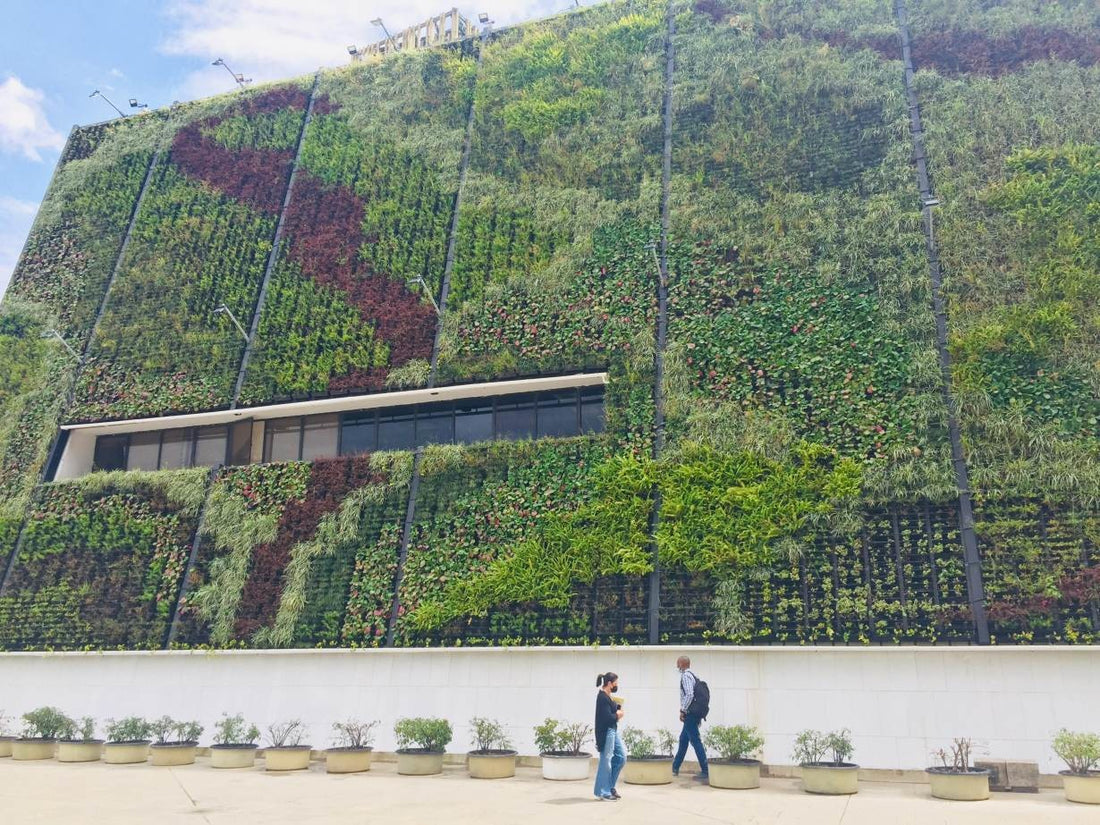Medellín, Colombia, has transformed its urban landscape with an innovative project that is making waves worldwide: the green corridors. These lush pathways, praised for their cooling and environmental benefits, offer a blueprint for other cities seeking to combat climate change and improve urban living conditions.
The Rise of the Green Corridors
Medellín, often called the "City of Eternal Spring" due to its temperate climate, faced increasing urbanization challenges that exacerbated the urban heat island effect. To counteract this, the city launched its "green corridors" program in 2016. This initiative connects over 30 green corridors, incorporating road verges, vertical gardens, streams, parks, and hillsides into a cohesive network of greenery. By 2021, the project saw the planting of 2.5 million smaller plants and 880,000 trees.
Cooling the City and Enhancing Air Quality
The green corridors have proven effective in cooling the city, reducing temperatures by 2°C according to local government data. Besides cooling, the corridors improve air quality and have reintroduced wildlife to urban areas. As cities worldwide grapple with heatwaves linked to climate change, Medellín's approach offers a replicable, low-cost solution.
Addressing Air Pollution with Greenery
Medellín’s location in the Aburrá Valley, prone to trapping pollution, necessitated urgent action against air quality deterioration. Air pollution, exacerbated by a surge in private transport, posed severe health risks. In response, trees planted in the corridors act as "green barriers," absorbing significant amounts of particulate matter. Notably, the mango tree (Mangifera indica) has been identified as particularly effective in pollution absorption and survival in urban settings.
Results and Future Prospects
While a comprehensive study on the project's impact on air pollution is underway, preliminary data is promising. Research indicates that green spaces in the city, including the Nutibara and Volador hills, collectively remove 40 tonnes of carbon dioxide annually. These findings underscore the potential of green corridors to mitigate climate impacts.
A Model for Global Cities
Medellín’s green corridors offer a compelling model for cities worldwide. With an initial investment of $16.3 million and annual maintenance costs of $625,000, the project's success demonstrates the feasibility and benefits of urban reforestation. As global cities look to address climate resilience, Medellín's innovative approach provides a sustainable, scalable solution.It's a #WinForThePlanet 🙌🏼
BTW - If you'd like to bring a sustainable cleaning routine to your home, and reduce your carbon footprint, check out Weightless Sheets >>

